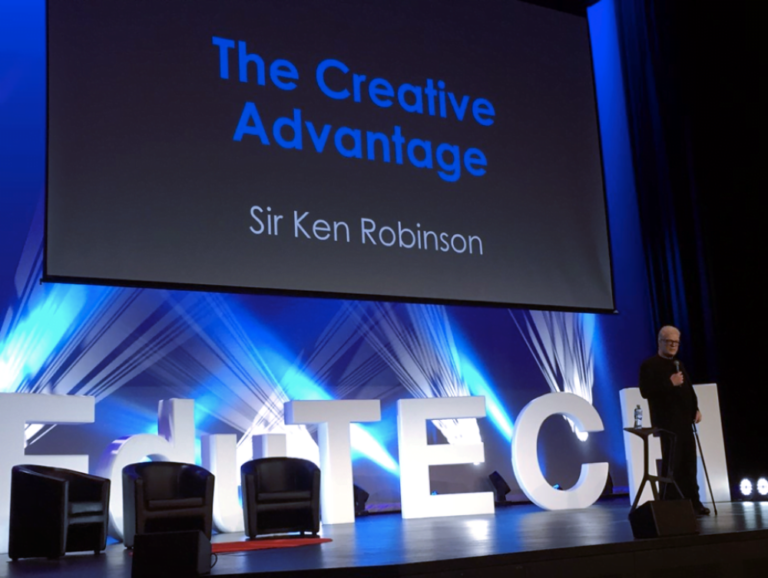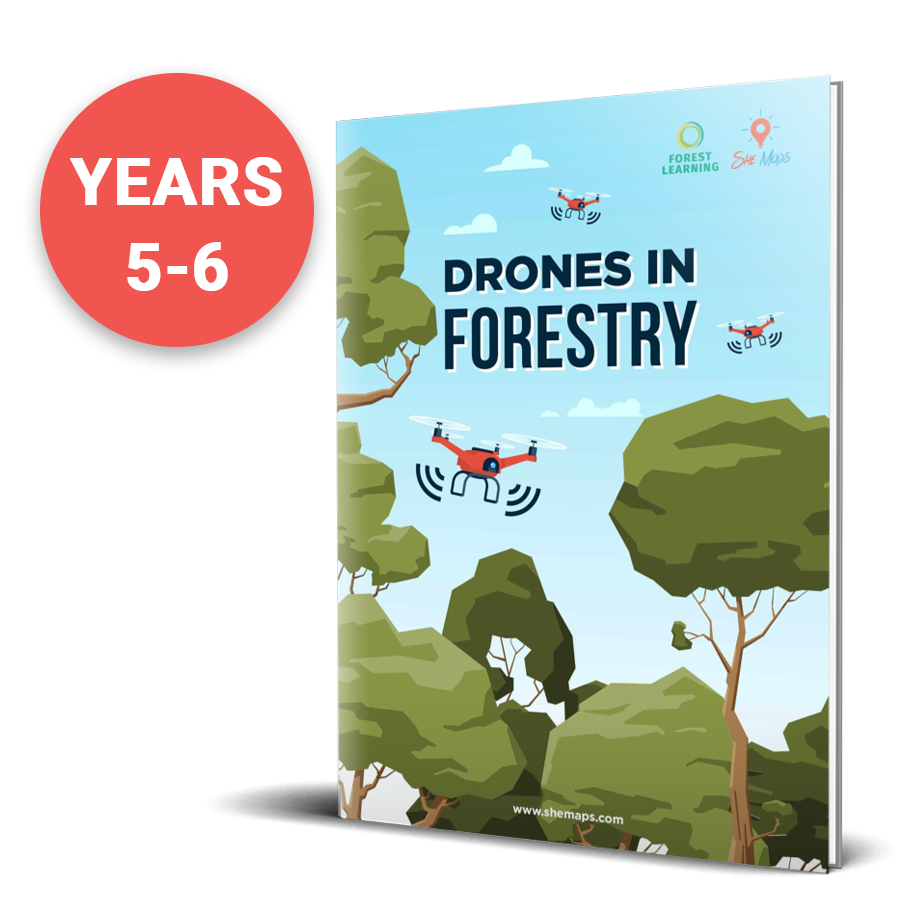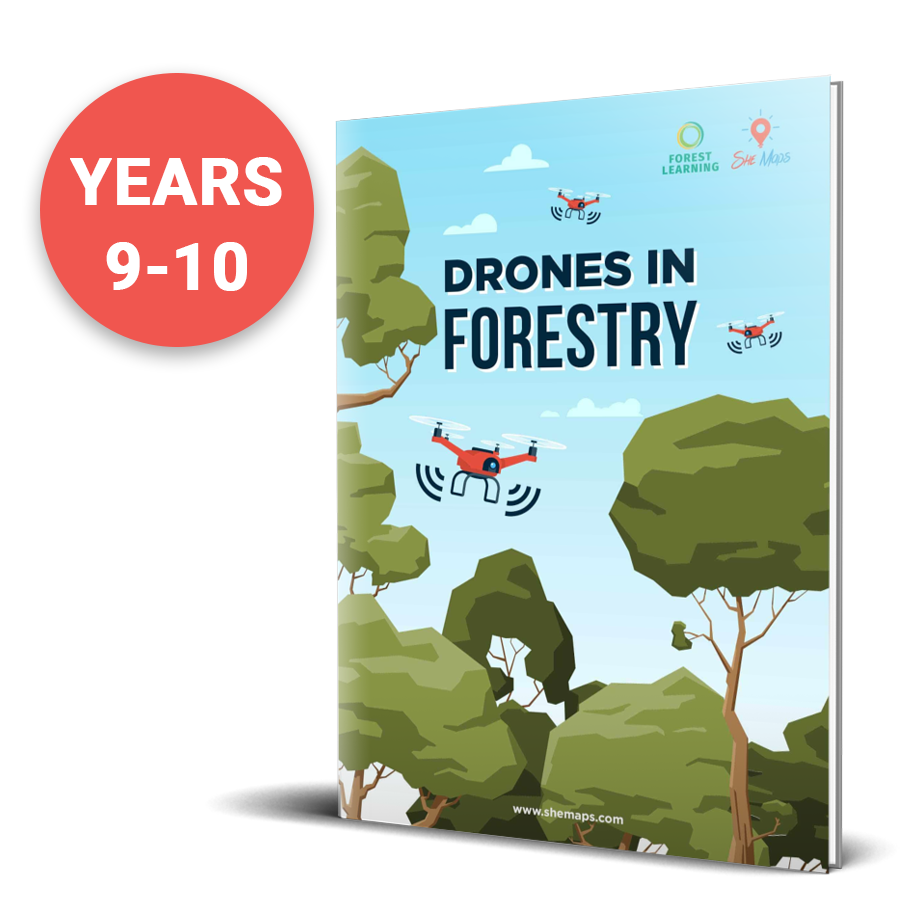Written by Paul, our Managing Director
At the edge of technological advances, there is excitement, passion, and a whole lot of trepidation. In schools, there is also a cupboard full of discarded technology purchased in this moment of excitement.
This year, one of my big professional development learning conferences is EduTECH, the largest education conference in Australia, focused on the digital transformation taking place in our schools.
With 10,000 attendees and hundreds of exhibitors, everything on show is shiny, exciting, and engaging.
This consumerist atmosphere is what is wrong with conference expos like this. It takes away the focus from what really matters because, let’s be honest, who can resist the urge of shiny, exciting things?
The current ‘industrial agriculture’ approach
What is needed to transform our schools is all about people. As international adviser and education reformer, Sir Ken Robinson, describes, our schools are like Industrial Agriculture operations. They are focused on increasing the yield through a conveyor belt approach to education. Industrial agriculture grows a single type of crop across vast acreage, applying pesticide liberally, to ensure homogenous crop production.
When we look at our Industrial school model, we are providing monolithic approaches to education, through a discipline approach to learning, with a whole lot of standardised testing along the way, to create a ‘standard’ student.
Using the ‘organic learning’ model in schools
However, what about organic farmers? We know that food grown organically is more expensive, there is diversity in the crops on the farms (because they know that crop health has an interdependency on variety. Organic farming is touted as being more sustainable and better for us, but it is still far from being ‘mainstream.’
Organic farmers don’t focus on the crop; they focus on the soil. Because they know that the lifeblood of sustainable farming is the soil in which the plant grows.
This is what the future of our education should focus on — becoming organic learning communities, where the focus is on the soil within our schools. That soil is the teachers that provide the life for student engagement; they are tending to their students every day, providing individualised support and engaging with the variety and diversity of their students in their classrooms.
This path should be the future of education because it is the future of our workplaces. Anthony Salcito from Microsoft spoke of the workplace trends in the digital era (Steam, Electricity, and Electronics & IT coming before). These workplace trends are a shifting landscape within our society, and the danger of not becoming an organic learning community means that our education sector becomes irrelevant when it comes to ‘producing’ effective workers of the future.
How our Education System could do better
The problem is that our Education System focusses on the wrong part of education, of which there are three. Curriculum, Assessment, and Teaching. The first two have a huge focus within our schools from politicians, regulators, and many schools. However, the last one, teaching, is sometimes left to chance once a teacher is qualified. (I became a teacher after a one-year Graduate Diploma and had a massive learning curve upon first entering my first teaching gig. It was only by chance that I had a couple of great mentors, but I also had a very poor Principal who could have easily derailed my ongoing learning).
However, this is where the focus should be, on highly valued, ongoing capacity and capability building for our teachers. Because when you reflect on your school journey, you don’t remember your favourite test, or sometimes even your favourite subject. However, most people will be able to name their favourite teacher.
Teaching is all about people. It is about our teachers and raising their capability and capacity to create an organic learning environment in their classrooms. That organic learning environment will recognise the diversity in their classrooms and looks to grow the different students within their cohort. The shiny pieces of kit or software should always come second.
We trust our organic farmers to know what is best for us, to provide us with healthy food, because we know they care. However, often, we don’t give this same type of autonomy to our teachers to know what is best for their students and to create this organic learning environment in their classrooms.
Now, don’t get me wrong, many are doing this (and there are thousands here at the conference). However, until we move from the current mainstream view of Industrial Education to organic learning communities, we will not see the change this conference can see as the potential.
Thank you to our inspirational ‘organic farmers’ in our schools out there already!




